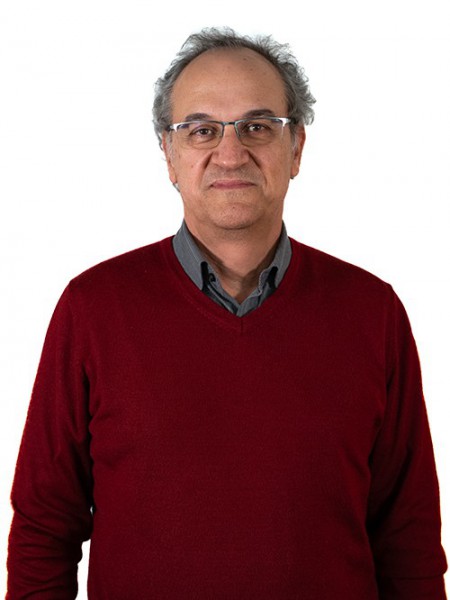abstract
Laser floating zone (LFZ) method was employed to grow superconducting polycrystalline Bi-Sr-Ca-Cu-O fibres of 2:2:1:2 nominal composition with two different diameters (1.75 and 2.50 mm). The temperature profile at the solid/liquid interface was calculated along the fibre radii from estimations of the heat transfer coefficient and thermal conductivity of the fibres. Values of temperature gradient G = 3.17 x 10(5) K m(-1) and G = 2.65 x 10(5) K m(-1) at the fibre centre were obtained for the thinner and the thicker fibres, respectively. Growth under a steep temperature gradient has significant consequences on the microstructure of the thinner fibres: an improved texture and the absence of the copper-free Bi-x(Sr,Ca)(y)O-z secondary phase. These features lead to the superior transport properties of the thinner fibres that present a higher value of critical current density (J(C) = 2200 A cm(-2)) than the wider ones (J(C) = 1400 A cm(-2)). (C) 2011 Elsevier B. V. All rights reserved.
keywords
HEATED PEDESTAL GROWTH; PHASE; MICROSTRUCTURE; INTERFACE; TRANSPORT; BI-2212; RODS
subject category
Chemistry; Materials Science; Physics
authors
Vieira, JM; Silva, RA; Silva, RF; Costa, FM
our authors
Groups
G2 - Photonic, Electronic and Magnetic Materials
G3 - Electrochemical Materials, Interfaces and Coatings
acknowledgements
The financial funding from the FCT Project PTDC/CTM/66195/2006 is acknowledged.



